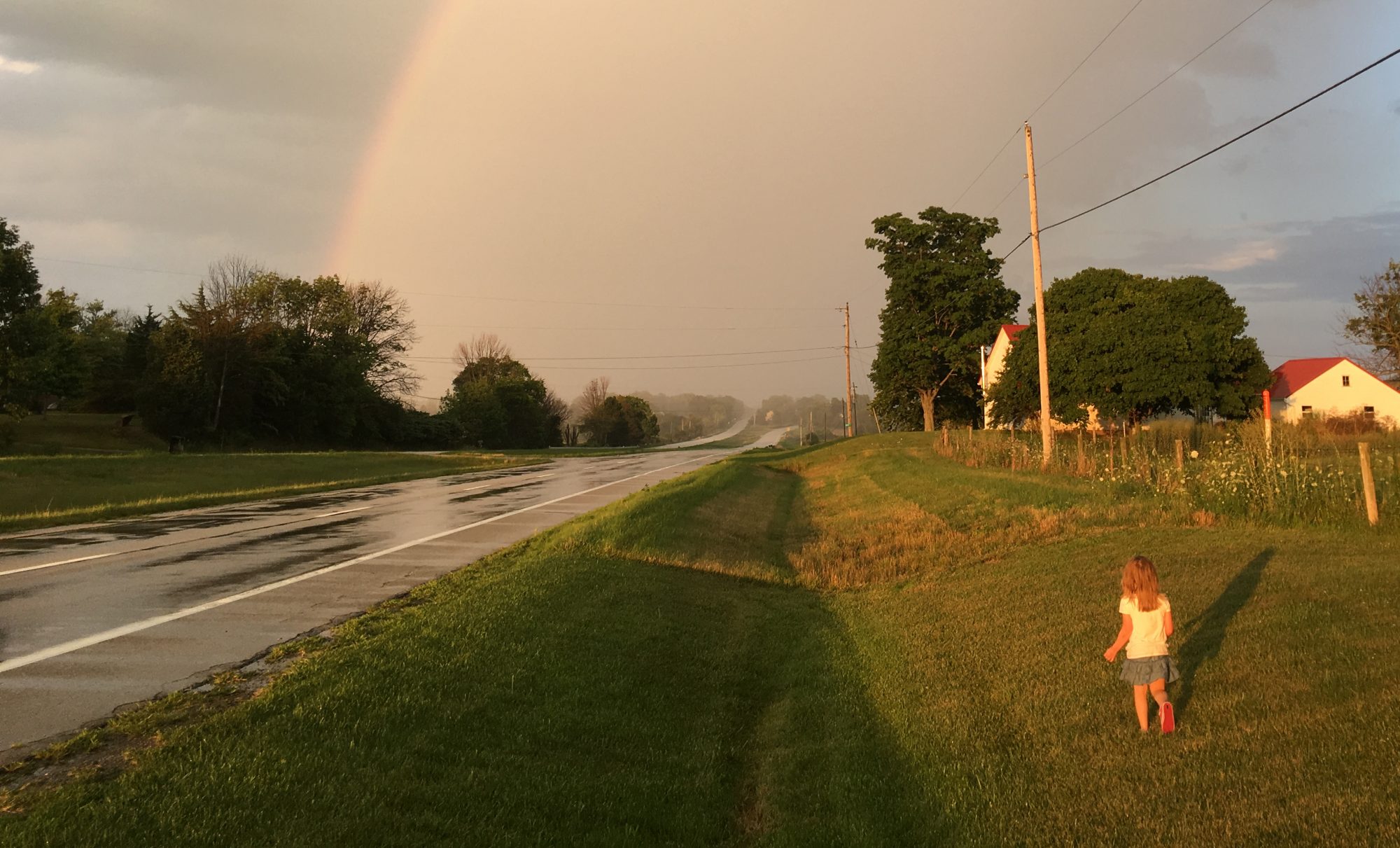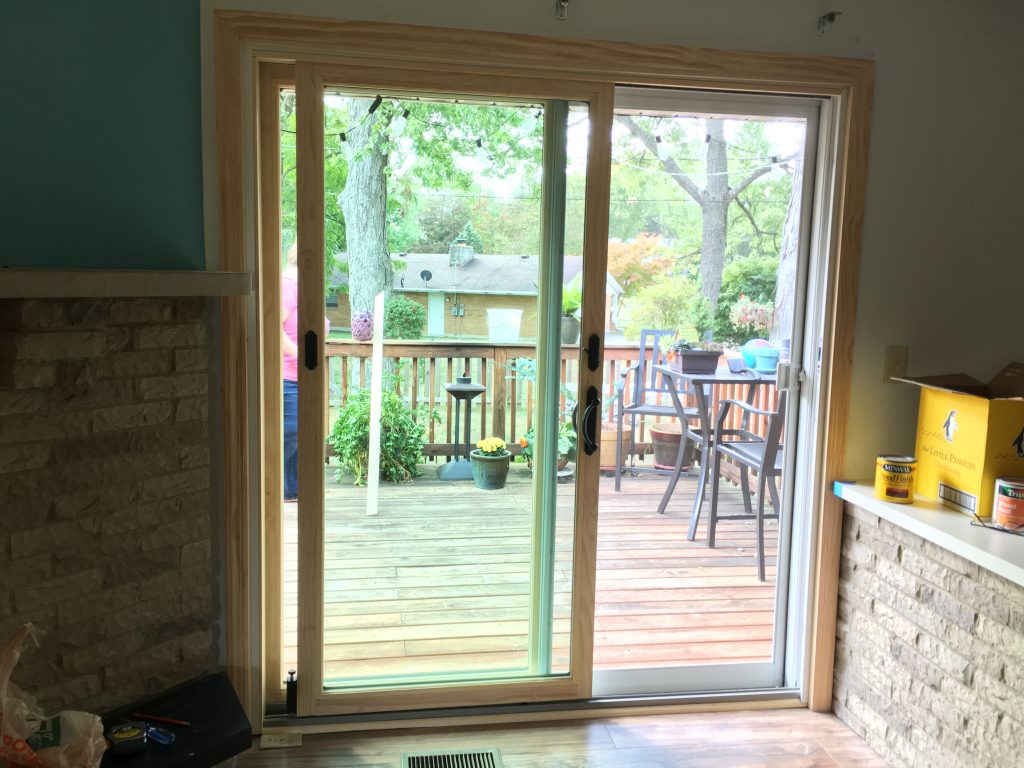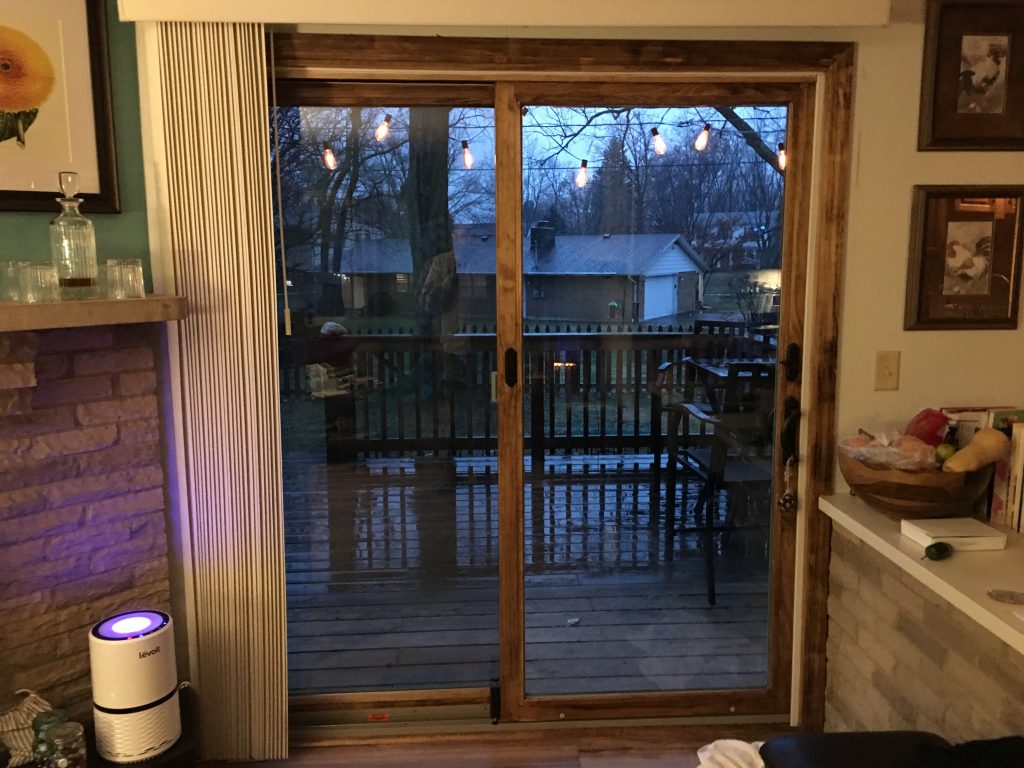Like many American kids, I had an allowance. I received a monthly $10 bill, and combined with the regular birthday/Christmas checks from relatives, created a small sum, locked away in a little green cashbox, awaiting some future purchase that would bring me joy.

Then my mother decided that I should open a savings account, wherein I deposited my entire “fortune”–secured now by a financial institution (Norwest Bank) and FDIC. I was told that the purpose was to keep the money safe, earn interest, and learn how to save for the future. In reality, I learned that my money had instead been taken from me, I couldn’t use it to purchase anything, and I couldn’t withdraw it without my mother’s co-signature. The goal I can only conclude was to teach me how to save money, but instead taught me the futility of wealth acquisition–further exacerbated once mother instituted a fee penalty system for not doing chores, which quickly exceeded the total monthly allowance. Monthly payday became instead a bitter ritual in which mother produced a ledger, and after reading a laundry list of chores I hadn’t done (which during a month’s time, were chores I didn’t even remember anymore), and concluding I had a negative balance, and subsequently demanded immediate payment. In the end, she didn’t teach me financial responsibility, she taught me the meaning of unregulated capitalism. Like…sharecropping almost. Or wage slavery. The hopelessness of working under a system designed to prevent any sort of meaningful gain. It was a useful lesson, but not the intended one.
 In short, I failed to learn the meaning of money. It was merely an abstraction, because when I had money I wasn’t allowed to spend it, and what little I had was fleeced from me anyway. I learned that work was a pointless exercise, and that you couldn’t take anything from me when I had nothing to begin with. So naturally I felt little compulsion to contribute to the family. I also dragged my feet when forced to find a high school job. You can’t motivate someone to play a game they know is rigged.
In short, I failed to learn the meaning of money. It was merely an abstraction, because when I had money I wasn’t allowed to spend it, and what little I had was fleeced from me anyway. I learned that work was a pointless exercise, and that you couldn’t take anything from me when I had nothing to begin with. So naturally I felt little compulsion to contribute to the family. I also dragged my feet when forced to find a high school job. You can’t motivate someone to play a game they know is rigged.
I didn’t wish to repeat these mistakes with my daughter. I concluded then that you have to learn how to spend money before saving it, for why work if you can’t enjoy the fruits? I also believe that the allowance should operate more akin to a business model. The kid contributes, and so she receives a stipend. Companies don’t get to fine their employees for oversights. There are consequences, sure, but they can’t, for the most part, impact the immediate paycheck. Instead, the employee receives a wage based on the level of contribution and thereby has a stake in the company’s equity. The kid will have good weeks and bad weeks, but the amount should remain constant until a more thorough review is performed.
And with that, here’s premise 2 (and with it the main story): the stipend must be provided in a manner in which the kid understands. Cash may be king, but it’s rarely the primary means of storage and/or transaction. Money is digital. It’s plastic. And to further confirm this point, the kid has demonstrated an excellent understanding of gift card balances, while failing to conceptualize paper. She understands the math, but not the physical. I concluded that she would need a checking account and debit card.
Yet it’s interesting how truly behind we as a society are in that we expect digital transactions, yet not readily allow children to make these digital transactions. Some internet research revealed that many banks do not permit children to hold checking accounts because, as minors, they can’t use checks, which are essentially signatory legally-binding agreements to money exchanges. I could understand that much, but that didn’t explain why I as a 17-year old could still acquire a checking account prior to leaving for college (though it did have to be co-signed by my father). So what were the implications of using a debit card as a minor? None that I could find. I decided to reach out to our primary bank: Wright-Patt Credit Union.
Over the course of 4 emails, I was advised that such an account was indeed allowed:
“This is an account that we offer with certain requirements. Your daughter can have an account in her name as long as she has a government issued ID and a debit card can be issued if a parent or guardian is joint on the account with her. Your daughter and the jointer [sic] member will need to sign a Minor Debit Card Indemnification Form before a debit card can be ordered. This form identifies the joint owner as responsible for the minor’s use of the debit card and overdraft. Since this is a regular checking account it will be able to have online banking, receive direct deposit, and we can set up a special access that will allow you to transfer between your account and hers.”
And that…
“Overdraft can be disabled for the debit card causing it to decline instead of taking the account negative and receiving the subsequent charge, however, the Idemnification [sic] form will still need to be on file.”
Fair enough. So I would to get her a state ID (https://www.bmv.ohio.gov/dl-id-idrkids.aspx)–something that I had been planning to do anyway. So one fine Friday afternoon, I took her to the BMV with all the requisite paperwork. The IDs however were no longer printed on site, so we needed to wait for the US Postal Service. In the meantime, they issued a temporary ID. Gambling that this would be sufficient, we drove to the local banking branch.
After a lengthy wait in line, an officer ushered us to her office. I explained what we were wanting to do, and she reaffirmed that it was indeed allowed, but she couldn’t accept the temporary ID. We would need to wait.
The ID eventually arrived, and we made the trip yet again. After waiting in line, another bank officer–a notably much younger one at that, took down our request, but then advised that they didn’t normally open checking accounts for kids until they were teenagers (I wasn’t given an exact age requirement). I responded that I had already discussed this at length previously and had been given the green light. She said that she would have to ask her manager, and left.
Upon returning, she confirmed that the decision was a judgment call of the manager on duty, and that she had been advised to not open the account. As if to appease, she suggested that we open a savings account instead. Mentally recounting my childhood experiences with a savings account (which I laid out at length above), I declined. I considered raising a fuss with the manager, but didn’t feel it a good use of my time as I doubted they’d reconsider just because I complained. Instead, I made a mental note to issue a formal complaint regarding the conflicting information, and left without further discussion.
 I immediately drove to my second bank: Day Air Credit Union. I initially took my car loan out with them in 2007, and after some initial aggravation with them not processing my proof of insurance paperwork properly–leading to a fight over them purchasing their own auto insurance for me on their behalf and adding it to the loan (this was eventually straightened out)–I had abandoned them until I opened a separate emergency savings account. They always struck me as one of those “old people” banks–not the most technologically-modern, but willing to cater to specific needs with extreme patience. I explained my plight to the teller, and she admitted that while she didn’t know if they could accommodate us, the officer would make that determination.
I immediately drove to my second bank: Day Air Credit Union. I initially took my car loan out with them in 2007, and after some initial aggravation with them not processing my proof of insurance paperwork properly–leading to a fight over them purchasing their own auto insurance for me on their behalf and adding it to the loan (this was eventually straightened out)–I had abandoned them until I opened a separate emergency savings account. They always struck me as one of those “old people” banks–not the most technologically-modern, but willing to cater to specific needs with extreme patience. I explained my plight to the teller, and she admitted that while she didn’t know if they could accommodate us, the officer would make that determination.
The officer did indeed make that determination, and in our favor. The kid now has a checking account with a debit card, with weekly direct-deposits scheduled to it.
 So why exactly did Wright-Patt give us the runaround? I did some digging along those lines to see where it fell into “fairness”. But while checking accounts are indeed managed by the CFPB, since it’s not borrowing anything it doesn’t fall under any sort of Fair Lending clause. And while the decision to open a checking account is based on reporting agencies (https://files.consumerfinance.gov/f/documents/cfpb_consumer-reporting-companies-list.pdf), since the kid would have a complete lack of any checking account history, I suspect that bank instead made a judgment call which fell under the right to refuse service (you know, what casinos do if you win too much).
So why exactly did Wright-Patt give us the runaround? I did some digging along those lines to see where it fell into “fairness”. But while checking accounts are indeed managed by the CFPB, since it’s not borrowing anything it doesn’t fall under any sort of Fair Lending clause. And while the decision to open a checking account is based on reporting agencies (https://files.consumerfinance.gov/f/documents/cfpb_consumer-reporting-companies-list.pdf), since the kid would have a complete lack of any checking account history, I suspect that bank instead made a judgment call which fell under the right to refuse service (you know, what casinos do if you win too much).
So be it, I guess. There were other options, so the ultimate success of the mission soothed the fury of the experience. And I’m happy to report that the kid has already made some discretionary purchasing decisions, weighing the short-term happiness an overpriced item might have brought against the depletion of the account and the longer-term goal of having money to spend on vacation.
I love it when I’m right.
(Also, up yours, Wright-Patt).
–Simon




